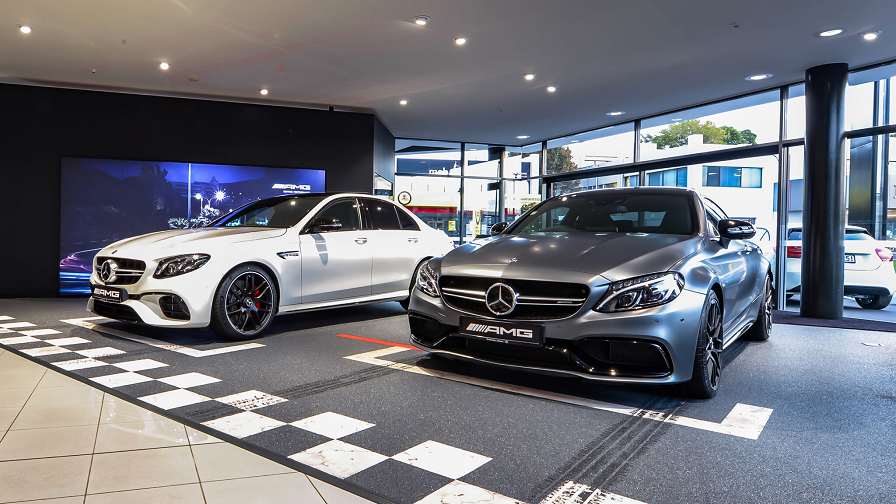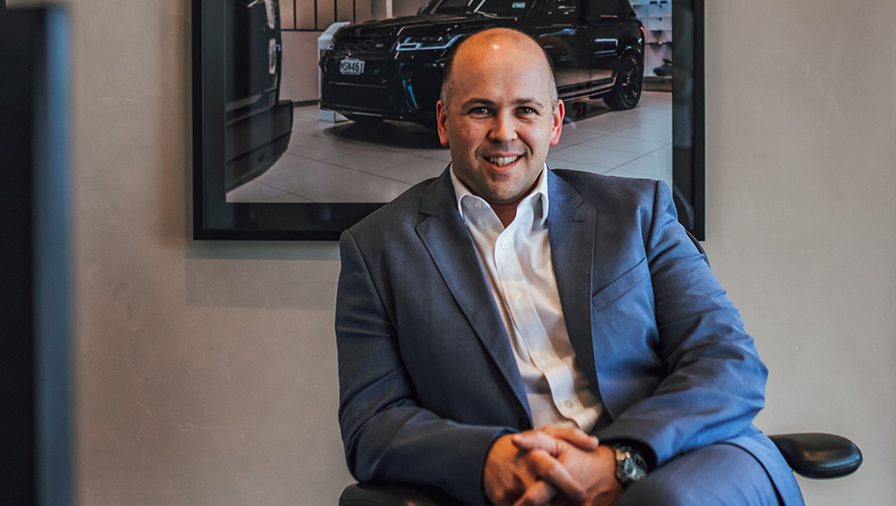Mercedes introducing 'agency' model to NZ in face of $700m Aussie lawsuit
Luxury car maker will bring the new selling method across the Tasman in August.
Luxury car maker will bring the new selling method across the Tasman in August.
Mercedes-Benz is rolling out a controversial ‘agency’ selling model to New Zealand, despite the new arrangement sparking a A$650 million ($700m) lawsuit in Australia.
Independent Australian Mercedes dealers have joined forces to sue the German automotive giant over its decision to axe the ‘dealership’ model in favour of an agency model where dealers sell on behalf of the marque rather than hold stock.
Australian dealers say the abrupt change undermines millions of dollars of investment in their dealerships and was done without negotiation.
The row has even made it to the Australian Senate, with New South Wales Labour Senator Deborah O’Neill calling the move “a disaster” for local businesses.
The growing power and arrogance of large multinationals such as Honda, and now Mercedes, had found fertile soil in the Australian Government’s “stuttering actions” to introduce fairness into its franchising sector, she said.
“It is merely about ensuring greater profits in Stuttgart instead of main streets in suburban and regional Australia.”
Analysis by Deloitte had shown the agency model would cut the profitability of some dealerships by 50%, and Mercedes had misled a Senate committee in asserting that dealers were happy with the change, O’Neill claimed last week.

‘Bit nervous’
John Ingham, principal of the Ingham motor group which has four local Mercedes dealerships, confirmed the German maker was planning to move to an agency system as it had done in Australia.
“We are aware that the world is changing and things are done differently, and we embrace it. But we're a little bit nervous about how it will pan out,” he said.
Craig Innes, managing director of Mercedes-Benz North Shore, said Kiwi dealers were still getting information on the move.
Lance Bennett, general manager of Mercedes-Benz New Zealand, was currently in Australia working on it, and more would be known after that.
But local dealers were “definitely not” looking at a similar move to their Australian counterparts.
His company was currently constructing a new facility in Takapuna in the latest style of Mercedes-Benz architecture, and the altered sales method would not change anything.
The new dealership was due to open in August, around the same time as the agency model was introduced, Innes said.
More stock available
Aaron Musgrove, group operations and marketing manager at Wellington Mercedes dealer Gazley Motors, was positive about the move.
Mercedes-Benz New Zealand had given it the full details of the plan, and “they’ve taken into account, I think, a lot of the learnings from Australia”, he said.
It wouldn’t greatly alter Gazley’s financial situation, with cost reductions from an agency model balancing out any loss in profits.
It would also enable it to offer customers a greater range of vehicles.
“We’re a smaller dealer in Wellington, and one of our problems is always having stock on the ground and having enough variation in model mix.
“With the new agency model, we’ll have access to stock all around the country,” he said.

Not the reason for delayed IPO
Troy Kennedy, chief executive of Armstrong’s - which has the Mercedes-Benz Botany dealership - said it was used to agency models.
Toyota had made the transition in 2018, and Honda had been operating under an agency model before that.
“I feel like we've got more of a handle on agency in New Zealand than the Australians do,” he said.
“We've run the numbers... and there's no material change to our business.
“I think the Australian class action is more around the franchisee law aspect of it, which is something different,” he said.
Armstrong’s decision last month to put off its planned dual listing on the New Zealand and Australian stock exchanges had nothing to do with the impending agency move, Kennedy said.
Franchises ‘not evergreen’
Mercedes-Benz filed its response to the Australian dealers’ action in the Federal Court in December, the AFR reported.
The German company said the local dealers’ original franchise agreements were never “evergreen”, and the threat of online purchasing meant it had to change its business model in the face of a shrinking new car market.
Mercedes-Benz New Zealand spokesperson Ryan Lewis said its new 'retail of the future' business model aimed to give customers "the confidence and control they really want from the vehicle buying process".
"We are working closely with our retail partners in New Zealand to confirm their ongoing commitment to the brand under the new agency sales model, and look forward to launching the next exciting chapter of the company’s history in the second half of 2022," he said.
Regarding whether New Zealand dealers could see the 50% drop in profit that had been alleged in Australia, he said it would be inappropriate to comment until the Australian legal proceedings were concluded.
"Mercedes-Benz Cars Australia has long flagged a move towards modernising the purchasing experience for our customers.
"Notwithstanding the fact that all of our dealers have signed on to the new agency model after a lengthy and inclusive process, unfortunately some of our network have elected to commence legal proceedings," the Victoria-based Lewis said.